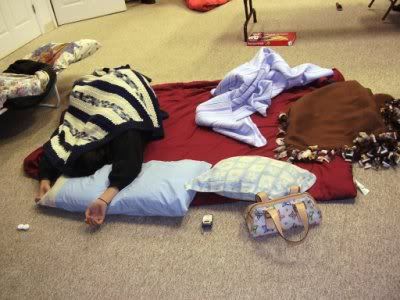Someone just said something really nice to me and I have to write this in response: I am not crazy strong; I am not special; I am not full of grace. I struggle with this disease every day, every hour, every minute.
I love my mother but she doesn't even LIKE me. I am losing my mother but she doesn't even KNOW me. I am sometimes angry and resentful of my mother (and her choices) but those feelings only work when directed at someone who can respond in kind or attempt to deflect them. So what's the point of those feelings, valid though they may be?
I write to save myself and hopefully to save someone else. Is this a blessing or a curse? I don't know. I know only, that I write to save myself, my sanity and maybe, if a blessing is to come my way, I will save someone else.
Too often, we hide. We hide our thoughts, our feelings. Hurt me, and I'll keep on trucking, stiff upper lip Jeeves-ing it. That's how we roll. Especially women. But we know that doesn't really work. My firm belief is that both my aunt and my mother, AD patients both, hid from what hurt them, and it stole them away. I may yet go down that road - genes are a heck of a thing - but no one will be able to say I didn't go down fighting.
I write to expose my feelings to the open air and to find healing of some kind. There is a Balm in Gilead. There is also a Balm in Telling the Truth.
I pray that it heals someone else along the way.
Blessings.
The YouTube clip is Kathleen Battle and Jessye Norman singing, you guessed it, There is a Balm in Gilead.
http://youtu.be/rZQ-jjhlyFM
I love my mother but she doesn't even LIKE me. I am losing my mother but she doesn't even KNOW me. I am sometimes angry and resentful of my mother (and her choices) but those feelings only work when directed at someone who can respond in kind or attempt to deflect them. So what's the point of those feelings, valid though they may be?
I write to save myself and hopefully to save someone else. Is this a blessing or a curse? I don't know. I know only, that I write to save myself, my sanity and maybe, if a blessing is to come my way, I will save someone else.
Too often, we hide. We hide our thoughts, our feelings. Hurt me, and I'll keep on trucking, stiff upper lip Jeeves-ing it. That's how we roll. Especially women. But we know that doesn't really work. My firm belief is that both my aunt and my mother, AD patients both, hid from what hurt them, and it stole them away. I may yet go down that road - genes are a heck of a thing - but no one will be able to say I didn't go down fighting.
I write to expose my feelings to the open air and to find healing of some kind. There is a Balm in Gilead. There is also a Balm in Telling the Truth.
I pray that it heals someone else along the way.
Blessings.
The YouTube clip is Kathleen Battle and Jessye Norman singing, you guessed it, There is a Balm in Gilead.
http://youtu.be/rZQ-jjhlyFM

